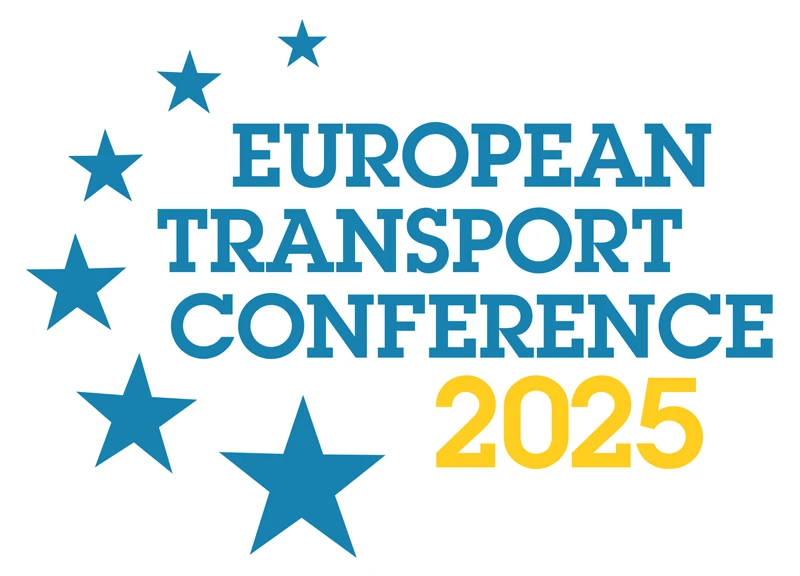-
Past ETC Papers

Browse, search and view papers from the past AET Conferences.
-
Members' Area

AET promotes networking and exchange of ideas, information and opportunities amongst members.
Conference Papers 2017
Barcelona, Spain
ETC Conference Papers 2017
A METHODOLOGY TO SIMULATE TRAVELERS’ BEHAVIOR FOR MODAL CHOICE USING AGENT BASED MODELING
Seminar
Day 2 (5 Oct 2017), Session 5, Activity-based Modelling, 12:00 - 14:00
Status
Accepted, documents submitted
Submitted by / Abstract owner
Mohammad Ahanchian
Authors
Mohammad Ahanchian, Technical University of Denmark, Tanu Priya Uteng, Institute of Transport Economics (TØI)
Short abstract
This paper describes a methodology using Agent Based Modeling in order to simulate the behavior of commuters based on their socioeconomic characteristics regarding travel mode choice.
Abstract
While renewable energy is increasingly gaining front seat to fulfill power and heat demands worldwide, the transport sector still depends highly on petroleum products and is regarded as the most complicated sector to decarbonize. However, through the insertion of ICT in our daily lives technological changes will likely change consumer behavior on choice of transport mode and has the potential to affect the fossil-based energy demand and therefore influence the overall energy system. Since transportation demand and modal choice is becoming progressively dependent on travel costs, the fluctuations of these costs changes the decision of consumers. In this paper, we present a model to translate the comparative advantages of alternative modes in respect to cost, travel time, infrastructure, level of service, and reliability to utility function. By changing the utilities of modes of transport, modal shift is assumed to take place. However, due to heterogeneity of consumers, behavioral changes are subject to high degree of uncertainty. Agent based modeling and simulation (ABMS) is capable of simulating the behavioral aspect of consumers. In our agent-based model, travelers are regarded as a group of agents that make decisions in the traffic system according to a series of behavioral rules to meet annual short, medium and long distance travel demands. The characteristics of responders of national surveys are assigned to agents and define the attributes of agents. Every single agent follows the decision rules and decides whether to use non-motorized, public or private transport based on the personal attributes and expectations. The results allow us to understand which factors affect the decisions on travel mode choice and how to improve network performance through a number of scenarios. Moreover, creating simulations that incorporate agent-based models (ABMs) allows for a better representation of the transport sector when a large proportion of vehicles are electric. This paper describes a methodology using Agent Based Modeling in order to simulate the behavior of commuters based on their socioeconomic characteristics regarding travel mode choice.
Documents:

Association For
European Transport
Forester House
Doctors Lane
Henley-in-Arden
Warwickshire, UK
B95 5AW
+44 (0) 15 64 793552
VAT number: 710 1866 64
Conference Supporters & Endorsers




Legal Entity
The Association for European Transport is registered as an Association ('vereniging') with the Chamber of Commerce for Haaglanden in The Netherlands under company number 27170096.
Built on Zenario




